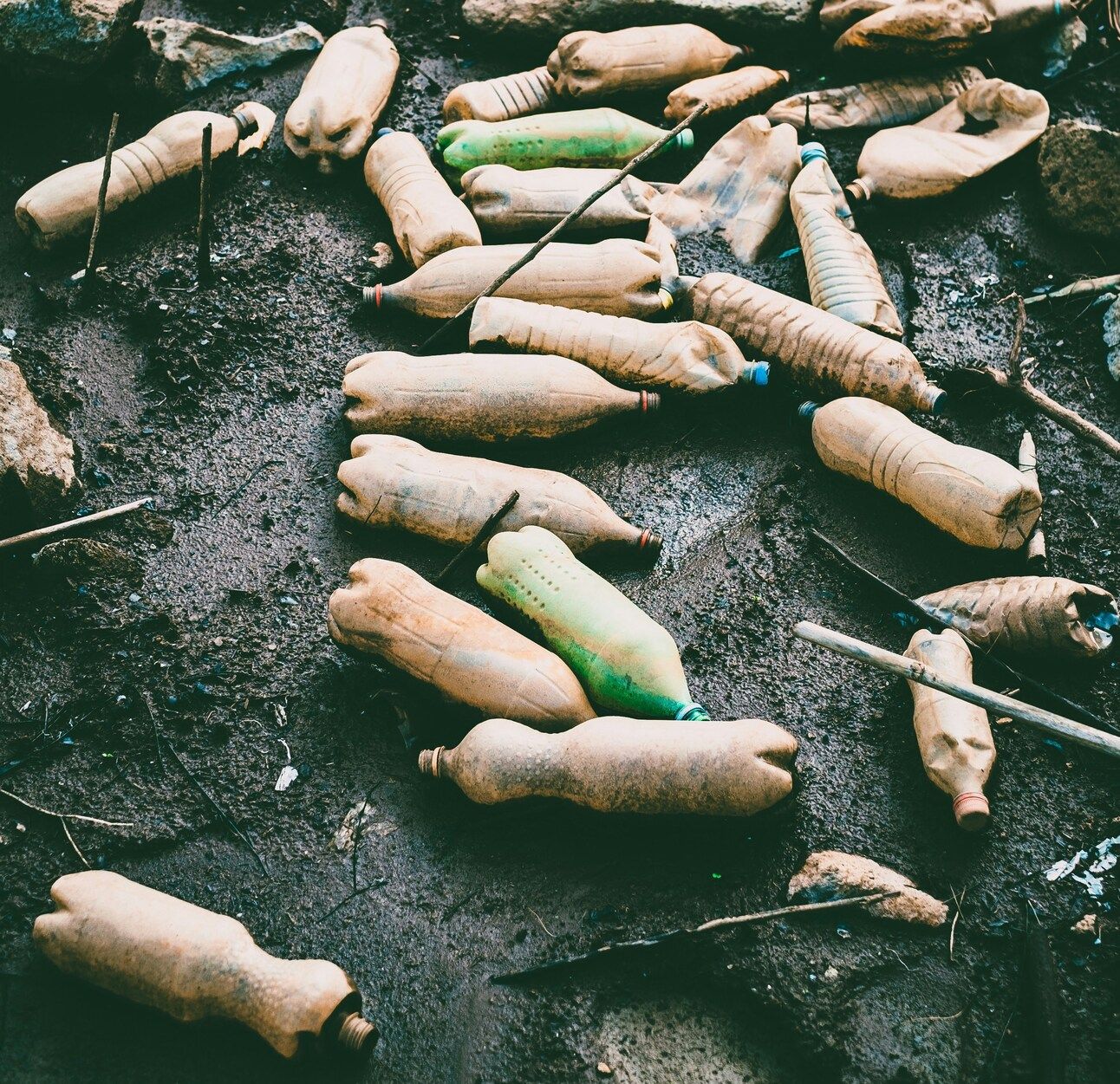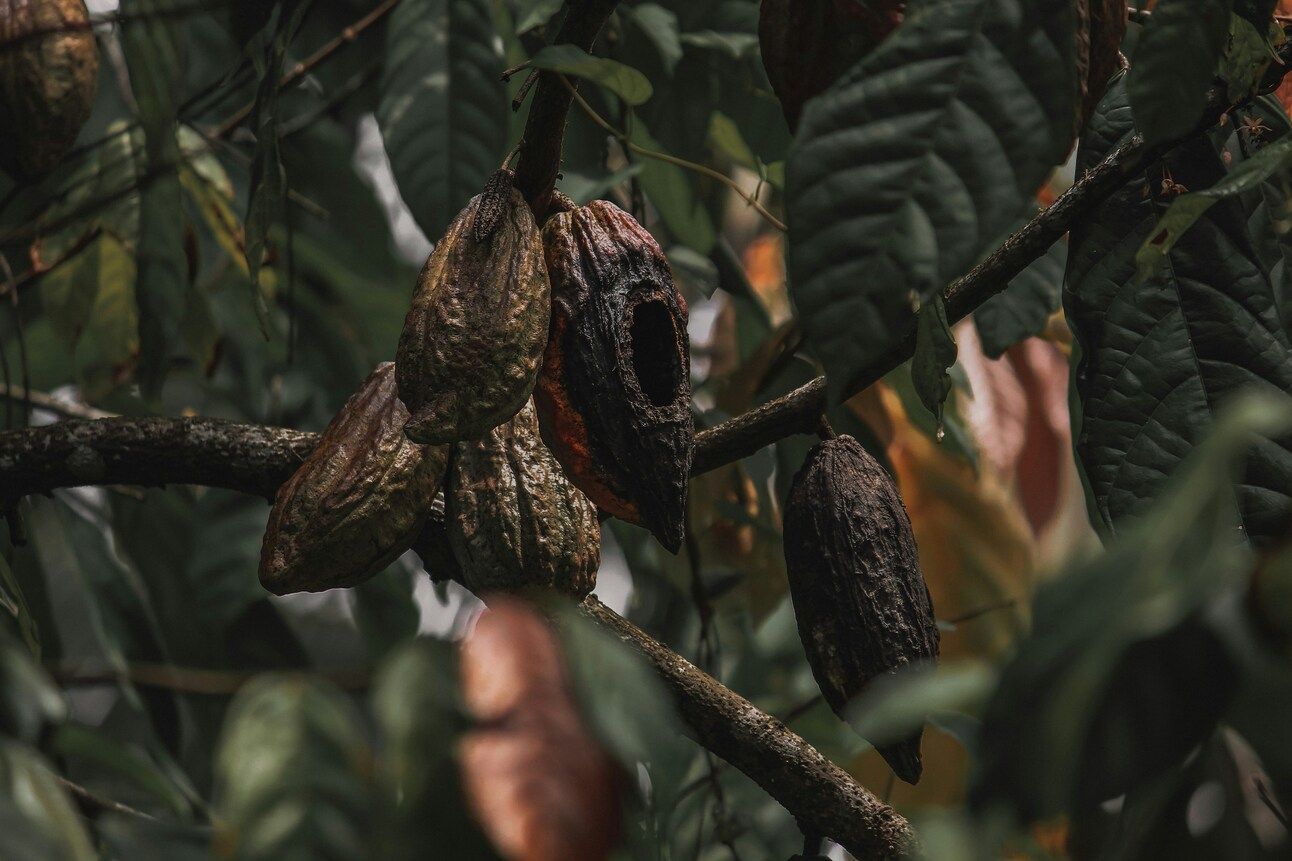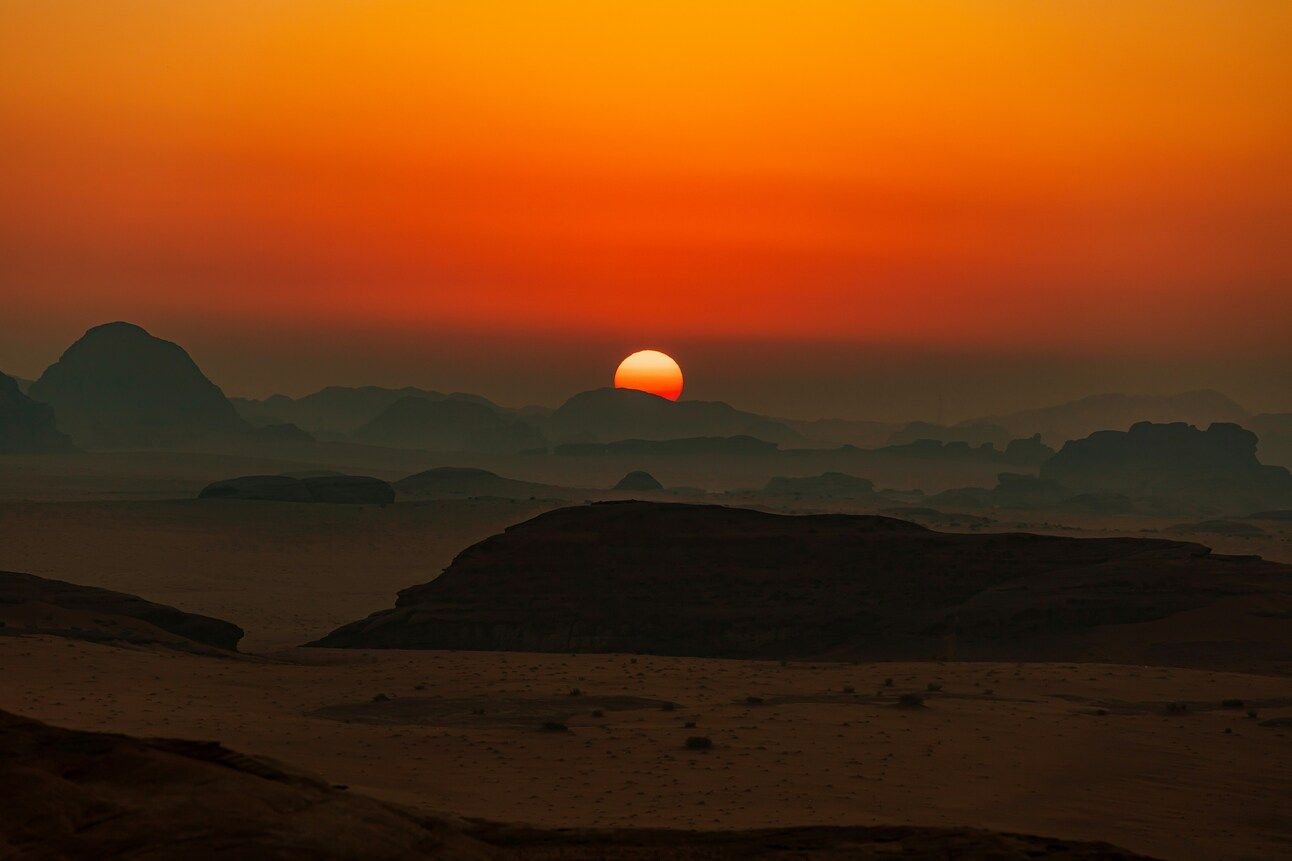- Soma Mater's Newsletter
- Posts
- Soma Mater Weekly Newsletter
Soma Mater Weekly Newsletter

Welcome to the SOMA MATER Weekly Newsletter.
At SOMA MATER, we specialize in delivering comprehensive research and advisory services with a focus on Food & Water Security and Net Zero Transition in the MENA Region. In order to support our subscribing clients in navigating these topics and understanding the regional narrative, we produce monthly Food and Water Security and Net Zero Transition Intelligence Reports, along with our in-depth analysis and insights.
This weekly newsletter highlights the top 3 stories from the past week in Food and Water Security and Net Zero transition, along with SOMA MATER's analysis and perspective.
How much plastic pollution does the world produce annually, and who are the worst offenders in the MENA region?
Growing cocoa beans in the UAE, and what does this mean for agriculture in the region?
How is Saudi Arabia progressing in its renewable energy goals, particularly in solar power, and what are its targets for the future?
Sustainably yours,
The SOMA team
Trash Talk: Plastic Pollution Bags the Spotlight!
#NetZeroTransition

In a recent study, it was revealed that the world produces a staggering 57 million tons of plastic pollution annually, with more than two-thirds originating from the Global South. A study titled "A local-to-global emissions inventory of macroplastic pollution" in the Nature journal examined waste production in over 50,000 cities. It found that for 15% of the world's population, governments fail to adequately collect and dispose of waste. Southeast Asia and Sub-Saharan Africa were identified as the regions producing the most plastic waste. Notable plastic polluting cities include New Delhi, Luanda, Karachi, and Cairo.
Egypt stands out as the largest plastic polluter in the Middle East and Africa, generating over 3 million tons of plastic waste yearly. A 2019 study by the Egyptian Ministry of Environment further emphasized the severity of the issue, revealing that Egypt consumes approximately 12 billion plastic bags annually, with per capita plastic consumption reaching 25 kilograms in 2012.
The region has already initiated measures to address these waste management challenges. Egypt introduced the Waste Management Law no. 202 in 2020, which aims to regulate waste collection, transportation, and recycling using Circular Economy principles. However, the law's effectiveness remains questionable. The UAE approved a Circular Economy Policy in 2021 and since 2018, Dubai Municipality has run recycling programs. The UAE's waste generation per person decreased from 2.1 kg/day in 2021 (highest global rate at that time) to 1.8 kg/day last year. Saudi Arabia's waste generation rate is between 1.4-1.8 kg per person daily.
SOMA’s Perspective:
Some countries in the region, like Egypt, continue significant contributors to the global plastic pollution problem. Research analyzing Law 202 has highlighted a lack of significant difference when comparing it to previous regulations it aimed to dissolve. The lack of substantial progress following the implementation of Egypt's Waste Management Law no. 202 in 2020 suggests that legislative measures need to be re-evaluated in order to bring real change.
Sources:
Bean There, Grown That: A Cacao Discovery
#FoodSecurity

In an exciting development for UAE agriculture, Emirati farmer Ahmed Al-Hafiti, successfully cultivated a cocoa tree in Fujairah, marking a significant milestone in his career. He has had previous successes in growing Asian nuts and fruits, as well as extracting aromatic and medicinal oils. He imported high-quality cocoa fruit seeds from Uganda.
Using only natural methods and leveraging the coastal region's high humidity, Al-Hafiti did not need expensive preservatives or investment into refrigeration systems. This achievement highlights the potential of cocoa trees to thrive in the UAE's climate without expensive preservation techniques. It also showcases the adaptability of cocoa trees to the environmental conditions they are, adapting to temperatures ranging from 15°C to 47°C. This sets them as an interesting crop to be explored in the region.
SOMA MATER celebrates the careful consideration and innovation of Al-Hafiti. Exploring opportunity for niches in the UAE food system is important for the diversity of agriculture. With changing climates, these are the farmers that will spearhead new crops in the region.
SOMA’s Perspective:
With climate change showing more impact in weather patterns and water cycles, agriculture capacity will change too. To ensure opportunities are explored to find arable areas and regions more exploration of novel crops need to be encouraged. The challenge with this exploration and innovation is that markets need to be receptive to these crops and new market channels need to be developed. SOMA MATER sees support for these farmers critical to future food security in the region.
Sources:
Sun-sational News: More of Saudi Arabia's Power Play Going Solar!
#NetZeroTransition

ACWA Power, a leading energy company in Saudi Arabia, secured agreements for 3 new photovoltaic solar plants in Saudi Arabia. It is set to increase the kingdom's renewable energy capacity by 5,500 megawatts. The plants will be located in the Makkah and Qassim provinces, further expanding Saudi Arabia's green energy infrastructure. The project has attracted investments of up to 9.7 billion Saudi Riyals (approximately USD 2.6 billion).
In 2021, renewables had a 0.3% share in Saudi's power generation. A year later, in 2022, still less than 1% of Saudi’s electricity was generated from renewables. In 2023, the share of renewable power capacity in Saudi Arabia’s total capacity mix was 3.2%. In that same year, solar PV made up most of Saudi Arabia's renewable power capacity at 82.6%. Onshore wind came in second at 14.1%, while solar thermal accounted for 3.1%.
Saudi Arabia has big goals for its renewable energy landscape. The country plans to reach 50% renewable energy in the production capacity by 2030 and net-zero emissions by 2060. Saudi Arabia's Renewable Energy Market size currently stands at 8.33 gigawatts. However, the Kingdom aims to boost this to 130 gigawatts of green energy production by 2030.
SOMA’s Perspectives:
Saudi Arabia is the largest crude oil producer among GCC and OPEC countries. For this reason, it also has the largest transition to make. The Kingdom has set ambitious targets for 2030 and 2060 and now faces the challenge of implementing the necessary measures to achieve these goals.
Sources:
https://www.enerdata.net/publications/daily-energy-news/acwa-power-secures-us26bn-financing-55-gw-solar-saudi-arabia.html#:~:text=The Saudi energy company ACWA,Saudi Arabia%2C totalling 5.5 GW.
SOMA MATER is writing Intelligence Reports on the topics of Food and Water Security and Net Zero Transition. If you’d like to know more, contact us through the link below: